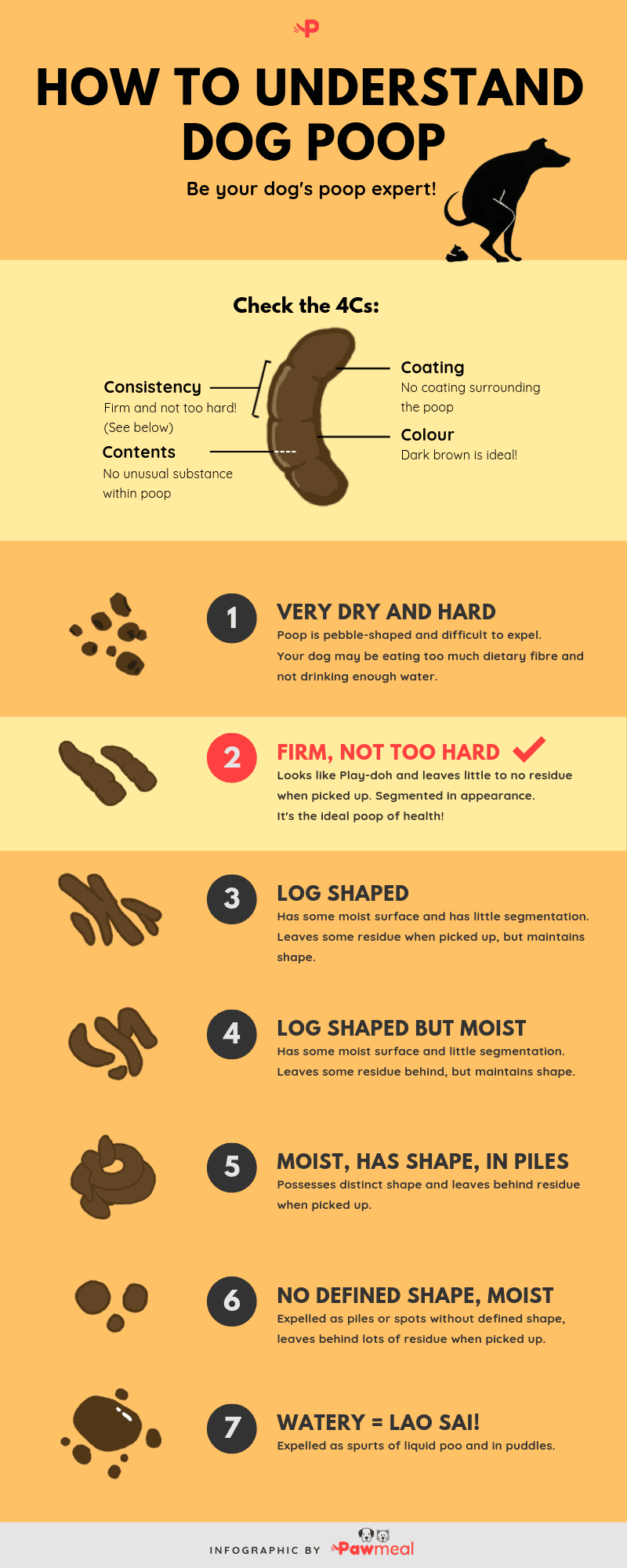Dogs are known for their curious nature and tendency to put things in their mouth that they shouldn’t. As a responsible pet owner, it’s important to keep an eye on your dog’s stool color as it can be an indicator of their overall health. Changes in stool color can be a sign of underlying issues that may require veterinary attention.
While it may not be the most pleasant task, monitoring your dog’s stool color can provide valuable insight into their well-being. By paying attention to the color, consistency, and frequency of your dog’s bowel movements, you can catch potential health problems early and ensure they receive the necessary care.
Stool Color in Dogs
Normal stool color in dogs is typically brown, which is a result of the bile produced by the liver. However, variations in color can occur due to various factors such as diet, medications, and underlying health conditions. Here are some common stool colors in dogs and what they may indicate:
1. Black: Black stool in dogs can be a sign of bleeding in the upper gastrointestinal tract. This can be caused by ulcers, tumors, or ingestion of blood. It’s important to seek veterinary attention if you notice black stool in your dog.
2. Green: Green stool in dogs may be caused by the consumption of grass or other green-colored items. In some cases, it may indicate a digestive issue or infection. If your dog’s stool remains green for an extended period, consult with your vet.
3. Yellow: Yellow stool in dogs can be a sign of liver or gallbladder issues. It may also indicate a problem with the pancreas. If your dog’s stool is consistently yellow, it’s best to have them evaluated by a veterinarian.
4. Red: Red stool in dogs can be alarming as it may indicate bleeding in the lower gastrointestinal tract. This could be due to parasites, inflammation, or other serious conditions. Immediate veterinary attention is necessary if you notice red stool in your dog.
Overall, any significant changes in your dog’s stool color should be addressed promptly by a veterinarian. Regular monitoring and awareness of your dog’s bowel movements can help you catch potential health issues early and ensure your furry friend stays healthy and happy.
